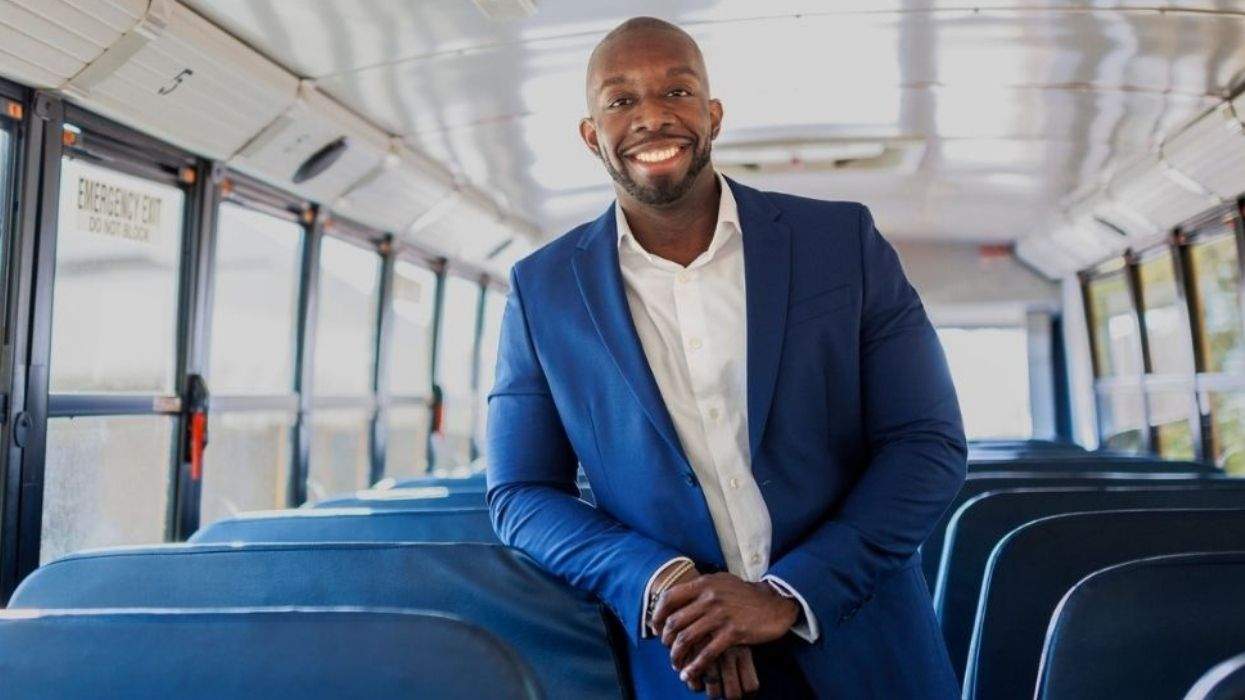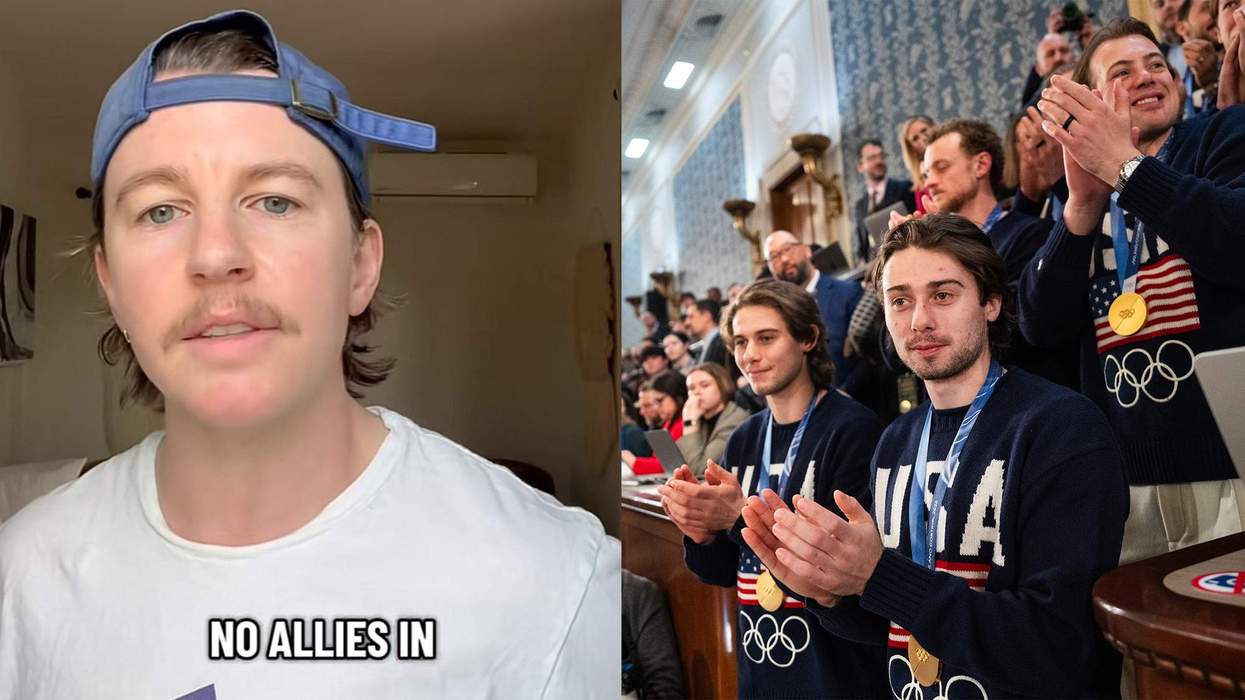A new lawsuit accuses Gilead Sciences of blocking competition from generic drugs with its branded versions, which are often used in combination medications to fight HIV.
The suit, filed Tuesday in federal court in San Francisco, contends that Gilead entered into agreements with other drug companies so that these companies would have to use the branded versions of tenofovir disproxil fumarate (TDF) and emtricitabine (also known as FTC) instead of generic versions in their combination pills. Gilead markets TDF under the brand name Viread and emtricitabine under the brand name Emtriva. It also combines these ingredients in Truvada, which is used in both HIV treatment and prevention.
With Gilead anticipating competition to these drugs from generics, it negotiated agreements with drugmakers Bristol-Myers Squibb, Janssen, and Japan Tobacco so that they would have to use the branded drugs exclusively when creating combination meds, even after Gilead's patents expired, the suit charges. The agreements kept the price of the combination drugs high, it argues.
"The scheme has enabled Gilead and its coconspirators to unlawfully extend patent protection for their drugs, impair entry by would-be generic competitors, and charge exorbitant, supracompetitive prices for the drugs that people living with HIV need to survive," the suit asserts.
More than 80 percent of people starting or continuing an HIV drug regimen in the U.S. today take one or more of Gilead's products daily, the filing states. Sales of these products in the U.S. alone amount to more than $11 billion annually.
The suit was filed by several individuals, including AIDS activists such as Peter Staley and Brenda Goodrow, and two labor unions. It names numerous companies as "coconspirators," including Bristol-Myers Squibb, Japan Tobacco, and Janssen and its parent company, Johnson & Johnson.
"This looks like a new type of agreement that we haven't seen before that sure looks like a per se illegal effort to extend the life of the patent," Mark A. Lemley, a Stanford Law School professor and a lead attorney in the suit, told The Washington Post. "And they're doing so in a market where there really is a public health crisis."
Gilead officials declined to offer detailed comment to the Post, saying they were still going through the suit, which amounts to 135 pages. But spokeswoman Sonia Choi did tell the paper, "We have entered into partnerships with other companies with the goal of bringing lifesaving therapies to patients in need. Any assertion that we worked to delay availability of lifesaving medication to patients is absolutely false."
Gilead has already received harsh criticism for the profits it has reaped from the use of Truvada as pre-exposure prophylaxis, or PrEP, to prevent HIV infection. For an HIV-negative person who takes Truvada daily, it is nearly impossible to contract HIV from a sexual partner. Researchers working for the federal government discovered that Truvada could be used effectively in this fashion, and the government patented the use. However, Gilead contends the patent is invalid, and it has not paid the government any royalties. The House Oversight Committee is scheduled to question Gilead CEO Daniel O'Day about the patent Thursday.
The company did agree last week, through a partnership with the Centers for Disease Control and Prevention, a federal agency, to make Truvada available free for use as PrEP to 200,000 uninsured Americans each year for the next 11 years.















